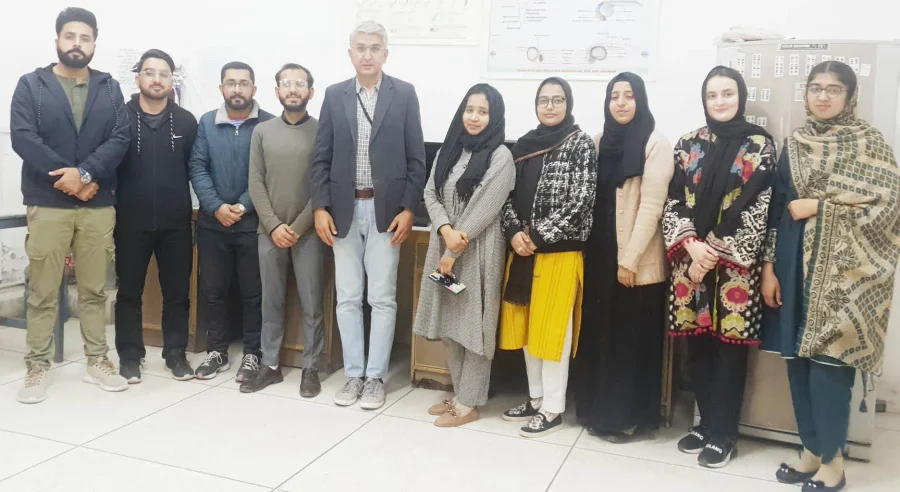Prof. Dr. Amir Ali Abbasi and his team at the National Center for Bioinformatics, Quaid-I-Azam University, have uncovered the reasons behind Pakistan’s lower COVID-19 contagion rates in the pandemic’s initial phase (February to October 2020). Despite neighboring countries and European nations facing higher mortality rates, Pakistan demonstrated resilience. The research team conducted a detailed genetic investigation, analyzing 203 genome samples of the COVID-19 virus in Pakistan.
Dr. Amir disclosed that random genetic changes, driven by the virus’s adaptability, significantly compromised its fitness, making it struggle against infected individuals’ immune systems. Dr. Amir suggested these genetic alterations contributed to a reduction in the Coronavirus’s estimated virulence, easing the health burden. Acknowledging complexity, Dr. Amir highlighted additional factors, including the genetics of the Pakistani population, efficient healthcare systems, and effective lockdown strategies, potentially influencing the reduced mortality rate.










